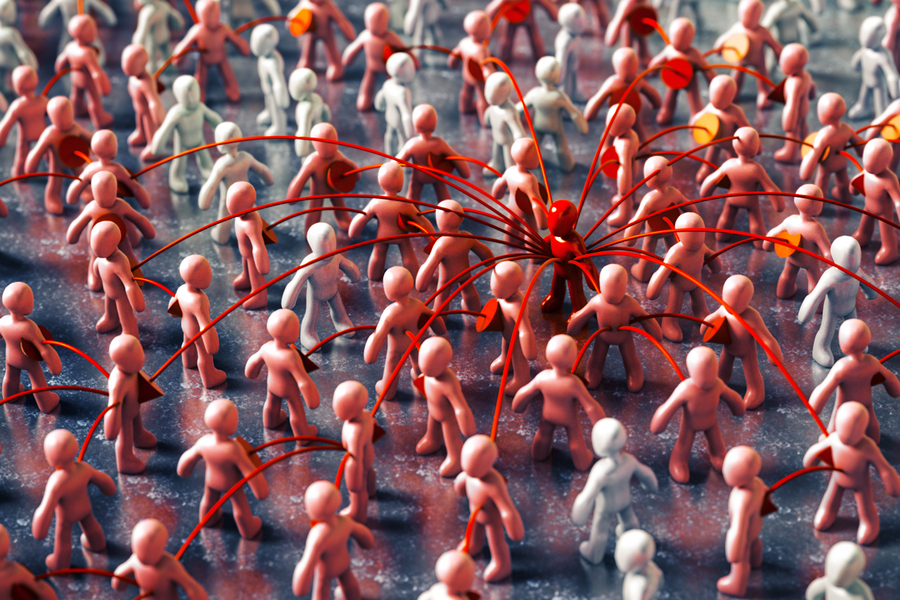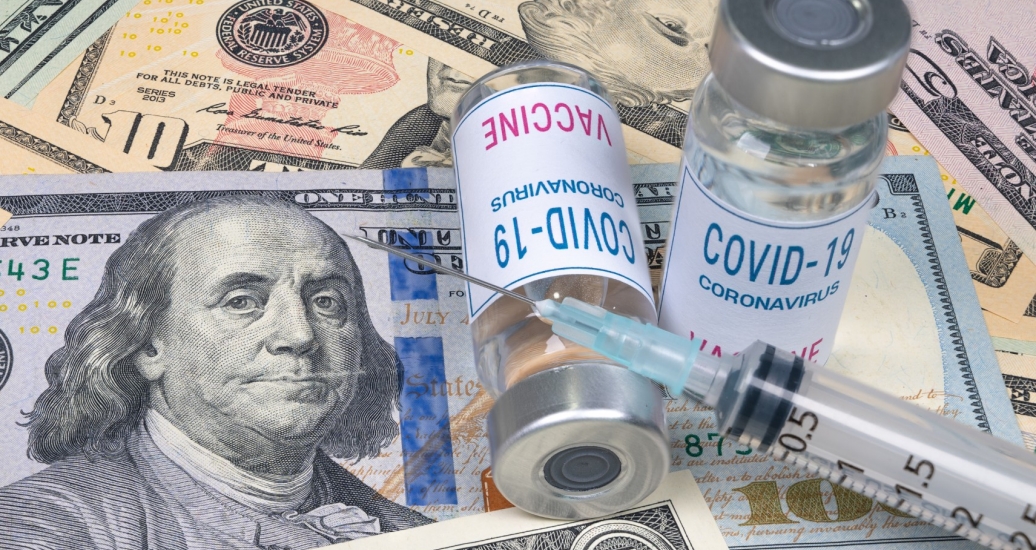Why do most viral epidemics spread cyclically in autumn and winter in the globe’s temperate regions? According to an interdisciplinary team of researchers of the Italian National Institute for Astrophysics, the University of Milan, the Lombardy regional agency for the environment and the Don Gnocchi Foundation, the answer is intimately related to our Sun: their...
Health
Hot or Cold, Weather Alone Has No Significant Effect on COVID-19 Spread
At the onset of the coronavirus pandemic, there were high hopes that hot summer temperatures could reduce its spread. Although summer didn’t bring widespread relief, the connection between the weather and COVID-19 continues to be a hot topic. The link between weather and COVID-19 is complicated. Weather influences the environment in which the coronavirus must...
COVID-19 “Super-Spreading” Events Play Outsized Role in Overall Disease Transmission
There have been many documented cases of Covid-19 “super-spreading” events, in which one person infected with the SARS-CoV-2 virus infects many other people. But how much of a role do these events play in the overall spread of the disease? A new study from MIT suggests that they have a much larger impact than expected....
Black Hispanic Individuals Hardest Hit by COVID-19
Results from a new study led by Boston Medical Center (BMC) demonstrate the disproportionate impact of COVID-19 on Hispanic groups within the US, with the most severe outcomes, including death and intensive care, among Hispanic Black individuals. Analyzing data from the Centers for Disease Control and Prevention, researchers found differences between Hispanic groups, with higher...
Researchers Find Confusion Over Masks for Wildfire, COVID-19 Crises
To mask or not to mask – and which mask to use? With public health guidance about masks in the United States confused by political hedging, clarity around mask use is increasingly important, especially as the western U.S. battles the twin crises of wildfire smoke and COVID-19. “The CDC is the gold standard of where...
COVID-19 Vaccine Nationalism Could Cost World Up to $1.2 Trillion
Nationalistic behaviour by governments may exclude some countries from gaining access to COVID-19 vaccines and cost the global economy up to $1.2 trillion a year in GDP, according to a new study from the not-for-profit research organisation RAND Europe. If countries demonstrate ‘vaccine nationalism’ – prioritising their own citizens and insisting on first access to...
Customers Prefer Partitions Over Mannequins in Socially-Distanced Dining Rooms
Restaurants around the world were forced to shut down their dining rooms at the onset of the COVID-19 pandemic earlier this year to comply with stay-at-home orders. While many operations closed for good, others reopened at limited capacity several weeks later, sparking creative solutions to enforce social distancing guidelines, including utilizing mannequins. Others were more...
Alcohol Use Changed Right After COVID-19 Lockdown
One in four adults reported a change in alcohol use almost immediately after stay-at-home orders were issued, according to a study of twins led by Washington State University researchers. The study, published recently in Frontiers in Psychiatry, surveyed more than 900 twin pairs from the Washington State Twin Registry from March 26 to April 5, 2020, just...
Empathy Prevents COVID-19 Spreading
Empathy for vulnerable people in risk groups motivates us to use face masks and keep our distance, so that we help to prevent the spread of COVID-19, according to the study, which has just been published in the journal Psychological Science. “We show that empathy for the most vulnerable is an important factor, and that it...
Perception of Risk and Optimism Barriers in Behavior During Coronavirus
Until a vaccine and/or effective cure for COVID-19 becomes available, battling the current pandemic strongly relies on how well people follow behavioural advice, such as adhering to local restrictions, social distancing rules, and engaging in effective personal hygiene. However, overcoming the relationship between risk perceptions and comparative optimism during the pandemic is a major hurdle...









